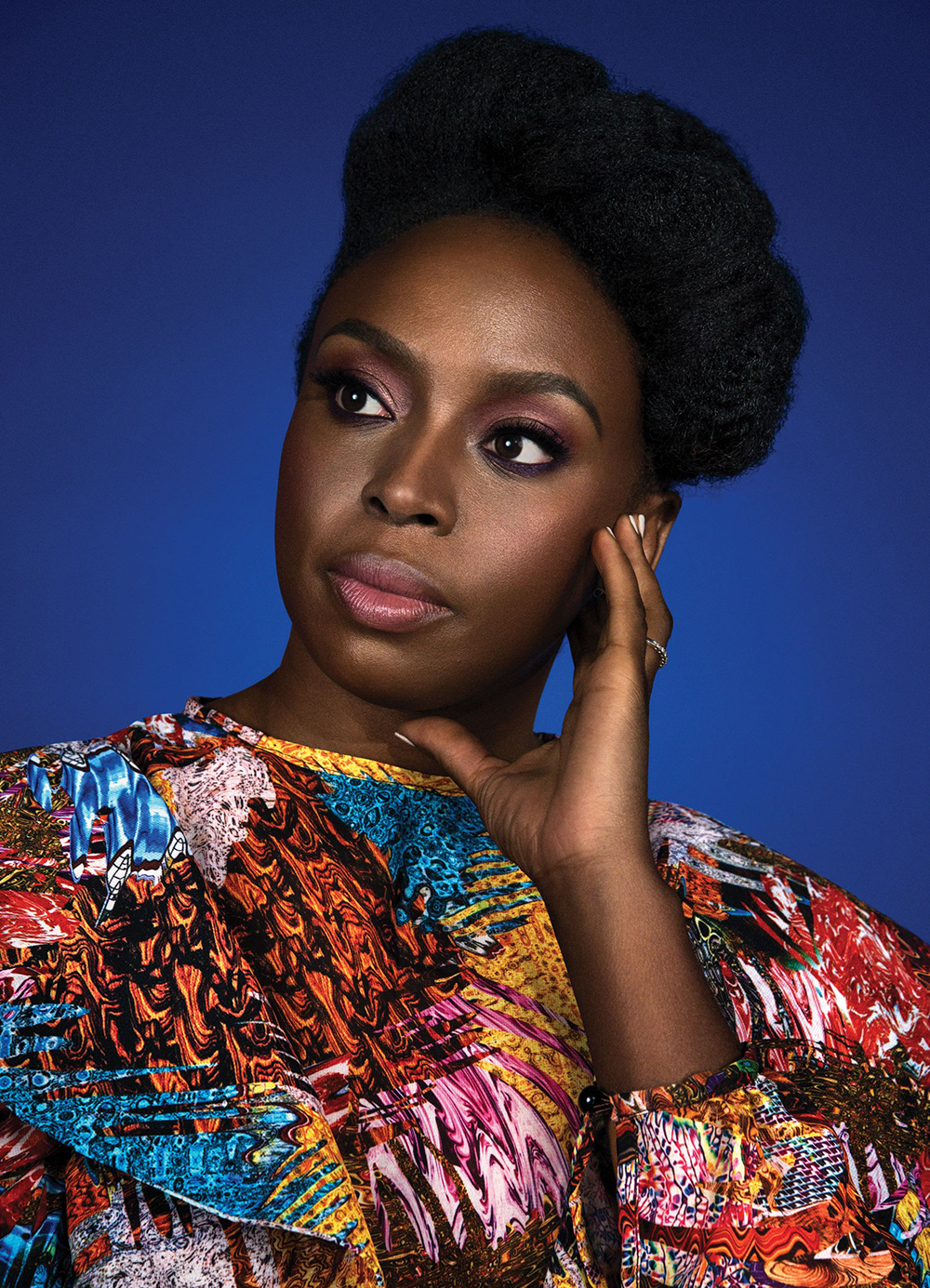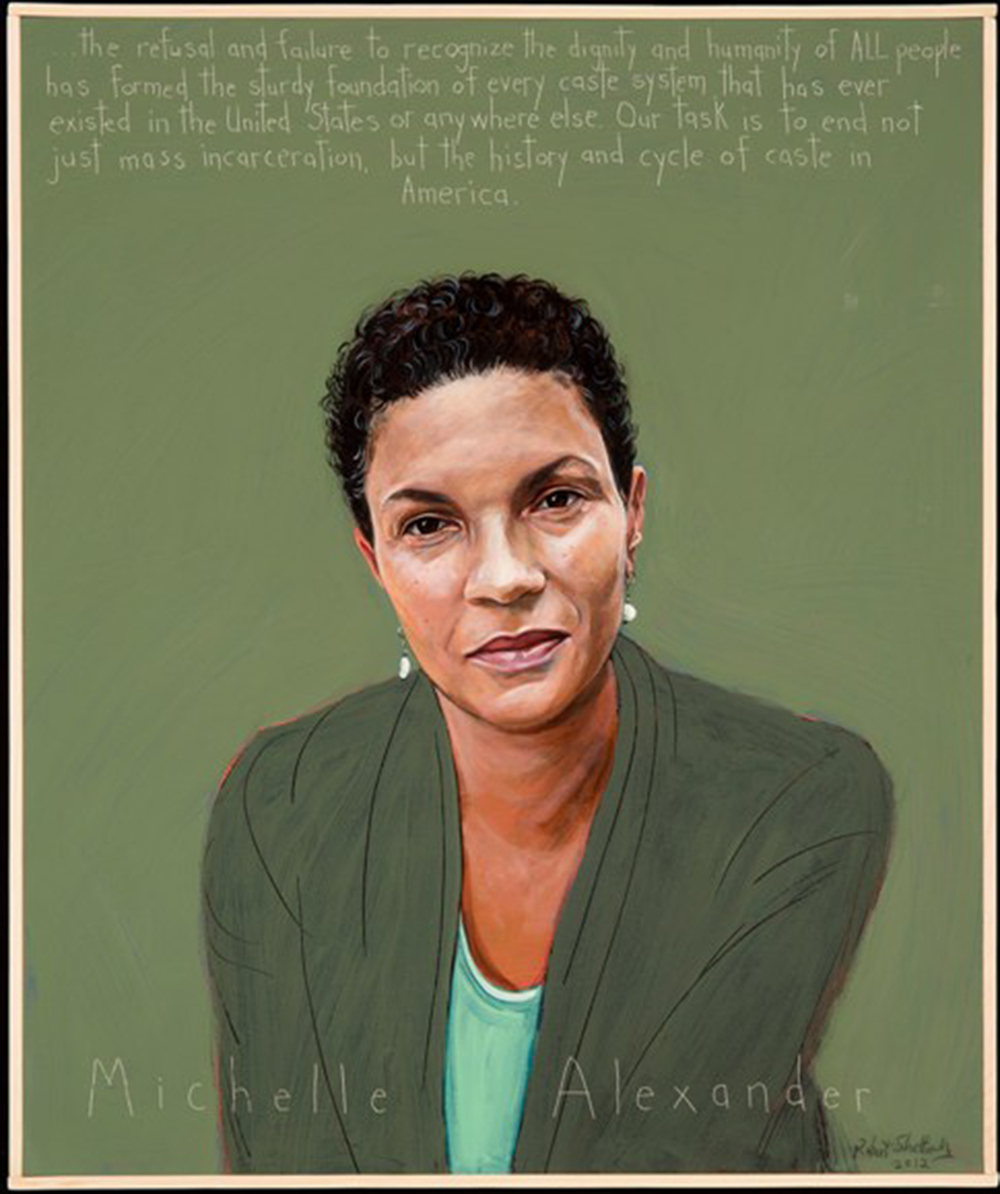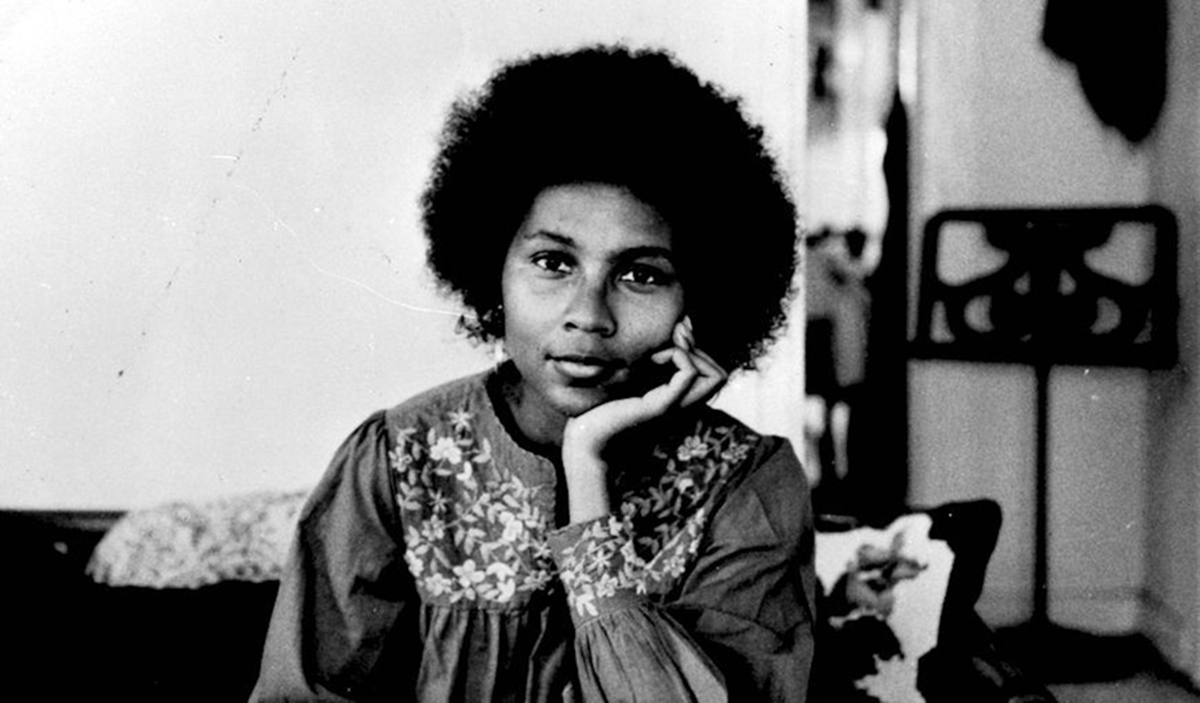I’ve always loved traveling across the book spectrum. Reading genres from a plethora of perspectives broadens my horizons. In fact, the act of jumping from say, a literal poem to a fictional romance allows me to draw new discoveries between each that might have otherwise lay dormant. Humanity’s greatest bridge, when used intentionally, are words.
With our heightened racial climate, there has been a surge in reading books by Black authors. The power in this runs deep. Black people haven’t always had the freedom to write. From anti-literacy laws to Jim Crow to contemporary public education, Black people have been systemically restricted from reading and writing.
Thus, then and now, words are our way to freedom.
By learning about female Black experiences, described by writers who have crossed barriers to enlighten us with their stories and dreams of feminist theory, racial adversity, and uninhibited love, we are bearing witness to a beautiful revolution.
That makes us the lucky ones.

image by Pari Dukovic
Chimamanda Ngozi Adichie
Adichie’s novels leave me all up in my feelings. She has a way with a scene description and character development that keeps you on your toes. When reading her books, I’ve found myself desperate to turn the page while simultaneously wanting to reread the chapter I’ve just finished. Her ability to blend reality with non-fiction prose incites a fresh understanding of Nigerian culture and history. Though she is rightfully known for Americanah, I recommend starting with Half a Yellow Sun. It’s a ghostly love story that dives into the sorrow surrounding the Biafran War.

image by Robert Shetterly
Michelle Alexander
Mass incarceration is a great plight of our country and Black bodies lay victim to its absurdities. In her highly praised The New Jim Crow, Michelle Alexander, a civil rights advocate, illuminates the wrongdoings behind the criminal justice system, contributing greatly to the fuel that ignited Black Lives Matter. She covers many entities, from policing to lawmaking to ex-prisoner rights. Though the book was published 10 years ago, its material still runs true today. Alexander’s ability to write rhythmically while educating her viewers gives The New Jim Crow a special kind of accessibility.

image from bell hooks institute
bell hooks
I just finished All About Love and I can’t stop finding epiphanies related to its text in my every day. Known by her pen name purposely written in lowercase, Gloria Jean Watkins, famously known as bell hooks, is a force to be reckoned with. Feminist, professor, and sociological writer, hooks explores the intersectionality of race, capitalism, and gender. She has published more than 30 books and countless scholarly articles. hooks’ ability to tie historical context into modern-day truth gives her readers a fresh, holistic context. Her incredible book, Ain’t I A Woman, a revolutionary work of political theory, explain the sexism Black female slaves endured and how that legacy has affected Black womanhood today.

Laila Ibrahim
As a biracial woman, I love reading how other biracial perspectives have interpreted and practiced the meaning of being ‘both’. Ibrahim’s short essay What Am I? Off-White. beautifully explains her interpretation of her background and left me revisiting my own. Her famous novel, Yellow Crocus, set in the antebellum era, is a heartfelt, engaging tale that beautifully juxtaposes its tense environment with its complex characters while revealing life on a Virginia Plantation. Though this novel appeals to lovers of historical fiction it’s such a compelling read, anyone could pick it up.

image by Timothy Greenfield-Sanders
Toni Morrison
Goodness. Where do I begin? I’ve added Toni Morrison to this list because she is one of the few strangers in the history of our time who I would have loved to take to dinner. Idealistic and grounded, her voice – written and spoken – is hard to forget. She once joked that bleak reality is for the sociologists. She’s interested in Black joy, Black dreams, and Black love. My kind of woman. The first African American to win the Nobel Prize in literature in 1993, every piece of writing written by Morrison is worth a read. Start anywhere.





